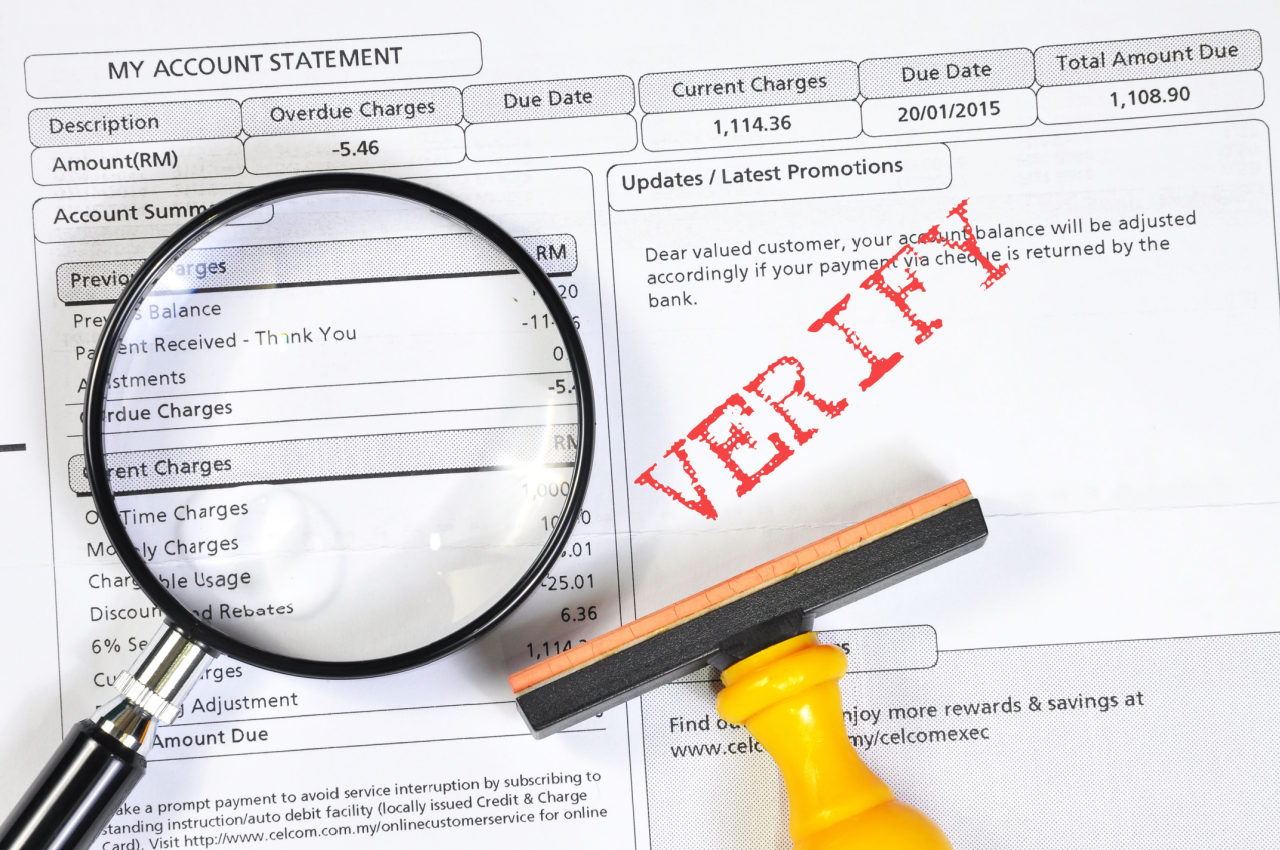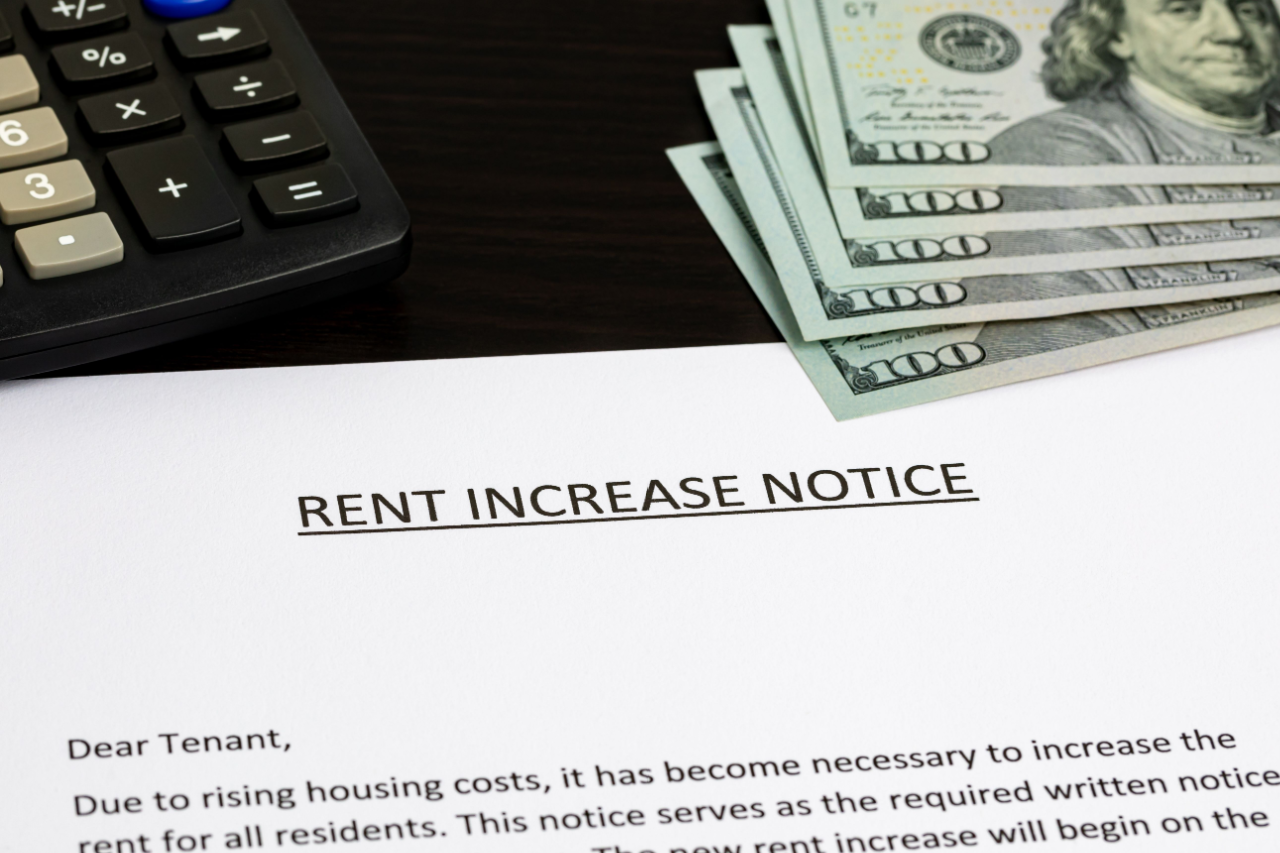Everything you need to know to run a successful rental

The Ultimate Guide to Managing a Vacation Rental
Owning a vacation rental can be a fantastic investment, providing both passive income and property appreciation. However, managing a short-term rental successfully requires dedication, strategy, and expertise.
From attracting guests to maintaining the property, there are many factors that can determine whether your rental is a thriving business or a stressful endeavor.
In this definitive guide to vacation rental management, we’ll cover everything you need to know to run a successful rental
What is Vacation Rental Management?
- Vacation rental management is the process of overseeing a short-term rental property, including:
- Marketing & Guest Bookings – Listing your property on vacation rental platforms and managing reservations.
- Guest Communication – Providing seamless check-ins, answering questions, and ensuring a five-star experience.
- Cleaning & Maintenance – Keeping the property in top condition between guest stays.
- Pricing Strategy – Adjusting nightly rates based on demand, seasonality, and local competition.
- Legal Compliance & Taxes – Ensuring the rental follows local laws, permits, and tax regulations.
Whether you’re a first-time host or a seasoned investor, handling all these responsibilities on your own can be overwhelming. That’s why many property owners turn to professional vacation rental management companies for support.
Step 1: Marketing Your Vacation Rental
A well-marketed property attracts more guests and maximizes revenue. Here’s how to make your listing stand out:
Professional Photography & Listing Optimization
Guests book rentals based on photos! Investing in high-quality images showcasing your space, amenities, and views can significantly boost bookings.
- Additionally, your listing description should be:
- Detailed & engaging – Highlight unique features like ocean views, a hot tub, or luxury furnishings.
- Keyword-rich – Use search-friendly terms like “beachfront escape,” “family-friendly vacation rental,” or “luxury retreat.”
Multi-Platform Exposure
- To reach the widest audience, list your property on multiple sites, such as:
- Airbnb
- Vrbo
- Booking.com
- Expedia
- Direct Booking Website (if available)
Step 2: Pricing Strategies for Maximum Revenue
Setting the right nightly rate is crucial. Price too high, and you risk empty nights; price too low, and you leave money on the table.
Dynamic Pricing vs. Fixed Pricing
- Instead of setting a flat rate, successful vacation rental managers use dynamic pricing, adjusting rates based on:
- Seasonality – Peak demand months vs. off-season.
- Local Events – Festivals, holidays, and special events that drive tourism.
- Competitor Analysis – Comparing prices of similar rentals in your area.
Step 3: Guest Communication & Five-Star Hospitality
The guest experience can make or break your rental business. Happy guests leave great reviews, increasing your bookings and revenue.
Before Arrival:
- Send detailed check-in instructions with keyless entry codes.
- Provide a local guidebook with restaurant recommendations, things to do, and house rules.
- Answer guest inquiries quickly—travelers expect prompt responses.
During the Stay:
- Check in to ensure guests are comfortable.
- Offer local concierge tips to enhance their experience.
- Be available 24/7 in case of emergencies.
After Departure:
- Send a thank-you message and request a review.
- Ensure fast turnaround cleaning to prepare for the next guest.
Step 4: Cleaning & Property Maintenance
A spotless, well-maintained home leads to better reviews and repeat guests. Here’s how to maintain hotel-quality standards:
- Hire Professional Cleaners – A professional cleaning team ensures every guest arrives to a pristine home.
- Stock Essentials – Provide fresh linens, toiletries, and a well-equipped kitchen.
- Schedule Regular Maintenance – Fix small issues before they become big (and expensive) problems.
Step 5: Legal Compliance & Taxes
Each city and state has different regulations for short-term rentals. Common requirements include:
- Rental Permits & Licensing – Some areas require a permit to operate legally.
- Transient Occupancy Tax (TOT) – Many cities charge a lodging tax, which must be collected from guests.
- HOA & Community Rules – If your rental is in an HOA, check for short-term rental restrictions.
Ignoring regulations can result in fines or even forced closure of your rental.















 Accessibility
Accessibility